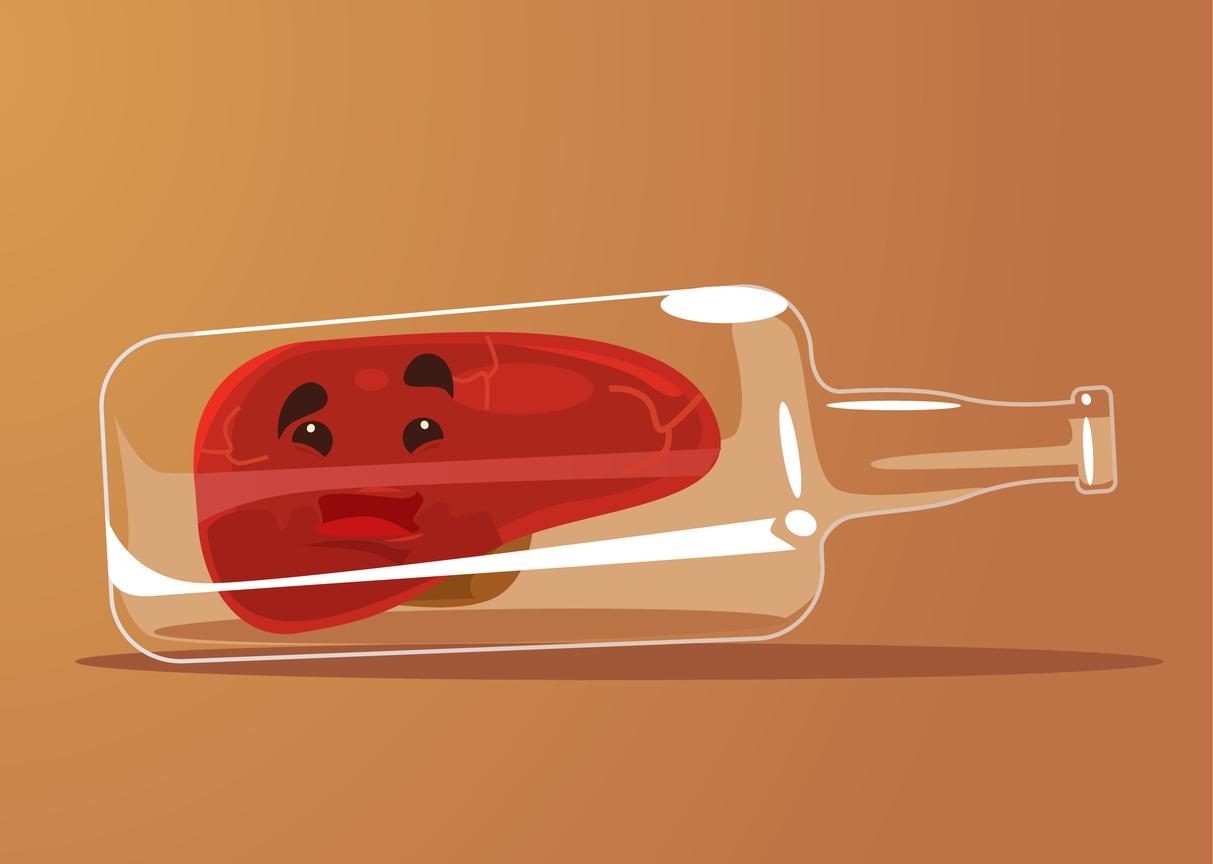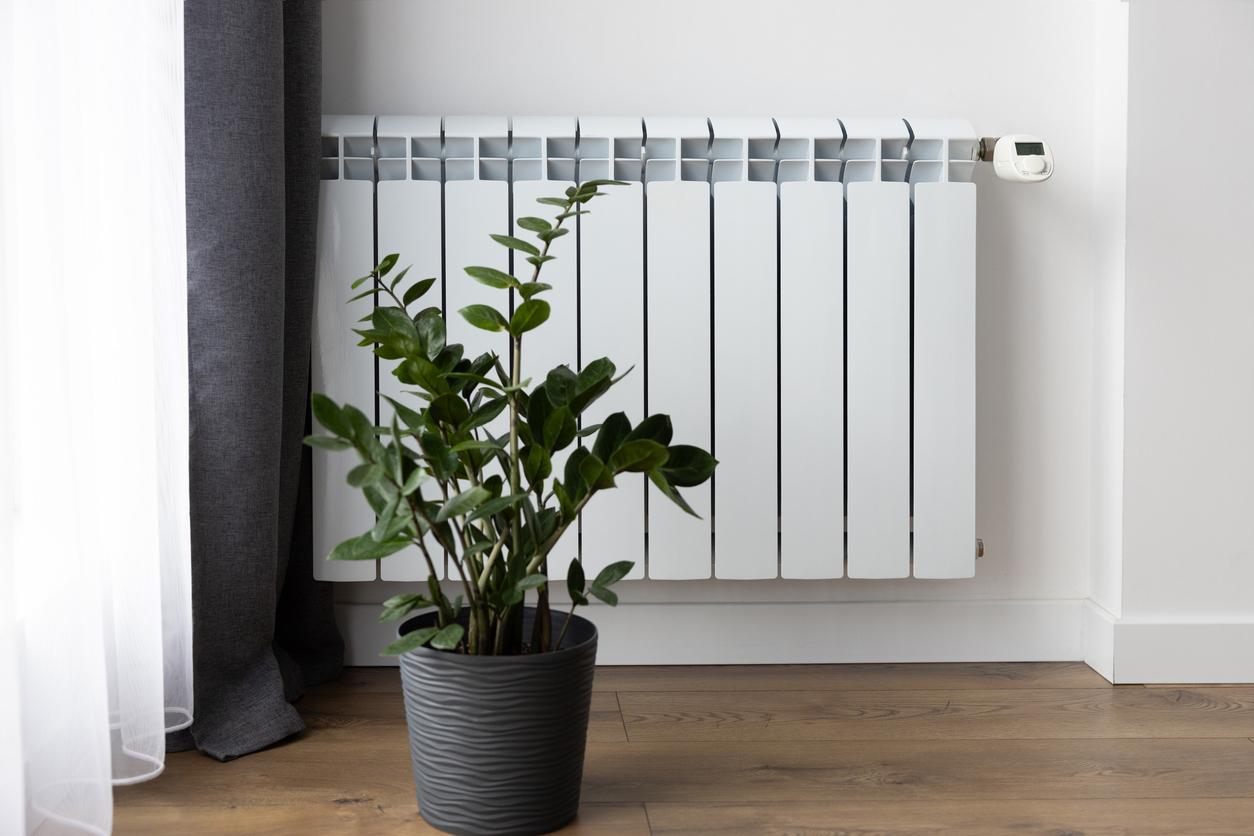Injection insulin, used by diabetic patients, can be stored at room temperature for months without losing its effectiveness.

- A growing portion of the global population affected by diabetes resides in harsh environments, facing prolonged exposure to extreme heat due to the climate crisis, while struggling with limited access to refrigeration.
- In difficult living conditions, it is possible to store unopened vials and cartridges of certain types of insulin at a maximum temperature of 25°C for six months and at a maximum temperature of 37°C for two months.
- These conservation and storage conditions do not have a significant impact on the effectiveness of insulin.
Insulin, produced by the pancreas, is permanently present in the blood. Its role is to maintain blood sugar levels around 1 g/L when sugar intake is high. In healthy people, when blood sugar levels rise, such as after a meal, the pancreas produces more insulin to bring blood sugar levels back to normal. In adults with diabetes, this system does not work properly. So, they have to inject insulin several times a day.
Diabetes: Some patients have limited access to refrigeration and face extreme heat
Problem: Health authorities and manufacturers emphasize the sensitivity of insulin to temperature and advise storing it in the refrigerator before use to preserve its effectiveness. In details, “recommendations for shelf life in use can range from 10 to 45 days, and the maximum temperature of use varies between 25°C and 37°C. Optimal management of the insulin cold chain, from manufacturing to the point of delivery to people with diabetes, must always be maintained”, Cochrane researchers said.
However, for millions of diabetics living in low- and middle-income countries, the harsh reality is that electricity and refrigeration are luxuries to which they do not have access. Vulnerable populations in areas destroyed by war, disaster-prone regions and territories affected by climate crises, including those suffering from extreme heat, also need solutions that do not rely on electric refrigerators.

Insulin is still effective after being stored at temperatures between 25°C and 37°C for months
So, scientists carried out a study to analyze the thermal stability of insulin under various storage conditions. To do this, they reviewed 17 cohorts and additional information from pharmaceutical companies. These contained data on insulin vials, injector pens and pre-filled syringes.
The results, published in the Cochrane Database of Systematic Reviews, showed that it was possible to store unopened vials and cartridges of certain types of insulin at temperatures up to 25°C for up to six months. , and up to 37°C for up to two months, without significant loss of insulin effectiveness.
“Our study opens new possibilities for people living in harsh environments, where access to refrigeration is limited. By understanding the thermal stability of insulin and exploring innovative storage solutions, we can make a significant impact about the lives of those who depend on insulin for their well-being”, concluded the scientists in a statement.
















